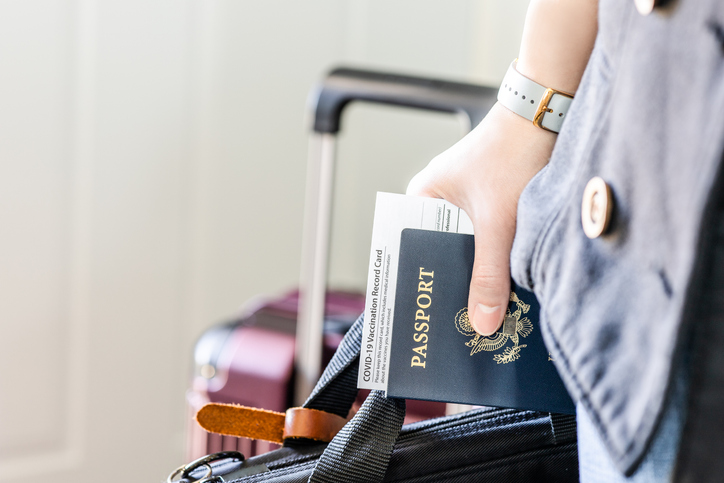Policy Considerations for International Travel Exposures
Global business travel has rebounded, and spending is expected to recover to pre-pandemic levels this year, totaling $1.4 trillion. Has your organization taken the proper precautions to confirm that your company’s insurance program and employees are prepared?
April 8, 2024

Within the U.S., your workers’ compensation and employers’ liability programs may prove sufficient for short-term travel. For long-term travel, or when international travel is more common, care should be taken to note what is — and is not — covered by a domestic workers’ compensation policy.
“As part of any organization’s international travel risk management strategy, key questions should be asked,” said Andrew Smith, National Director – Defense Base Act & Multinational Solutions Underwriting. “Do I have the appropriate coverage for employees taking long-term trips outside the U.S.? Does the employee base include travel by those hired outside the U.S.? Have crisis management services, evacuation expenses, or non-occupational injuries been considered?”
Here, we outline several travel circumstances that warrant additional policy considerations.
Long-Term Travel
When employees travel out of the country long-term, including training, project work, or an assignment, protection beyond the basic domestic workers’ compensation policy must be considered. A foreign voluntary workers’ compensation and employers’ liability endorsement can be attached to a domestic workers’ compensation policy to provide workers’ compensation and employers’ liability coverage overseas. Coverage closely aligns with an employee’s specific state of hire and is usually confined to occupational injuries to U.S. nationals. Coverage typically applies to a limited number of countries with a fairly low repatriation limit. Because this endorsement modifies the domestic workers’ compensation policy, coverage is also subject to exclusions under the domestic workers’ compensation policy, such as war and terrorism and other restrictions depending on what the carrier is offering.
Regularly-Occurring Travel
For employees traveling overseas regularly or employees based outside the U.S. who are traveling, a stand-alone foreign voluntary workers’ compensation policy is recommended. Generally, the number of covered countries is usually much broader than a foreign voluntary workers’ compensation endorsement, repatriation limits are generally much higher, and because it is a stand-alone policy, coverage, exclusions, and employers’ liability limits can be modified independently of the domestic workers’ compensation policy. A stand-alone foreign voluntary workers’ compensation policy also provides coverage for endemic diseases (e.g., malaria) and for third-country nationals and local nationals, not just U.S. nationals.
Non-Occupational Travel Time
Additional thought should be given to employees who may take personal time either before or after the work-related portion of their trip. For instance, to sightsee, visit family, or take immediate family on vacation. Non-occupational injuries are typically not covered within a foreign voluntary workers’ compensation program, nor are other family members afforded coverage, but a business travel accident (BTA) policy can fill these gaps. A BTA policy can also provide non-insurance services, such as travel assistance and crisis management, which may not be found in a foreign voluntary workers’ compensation program.

























